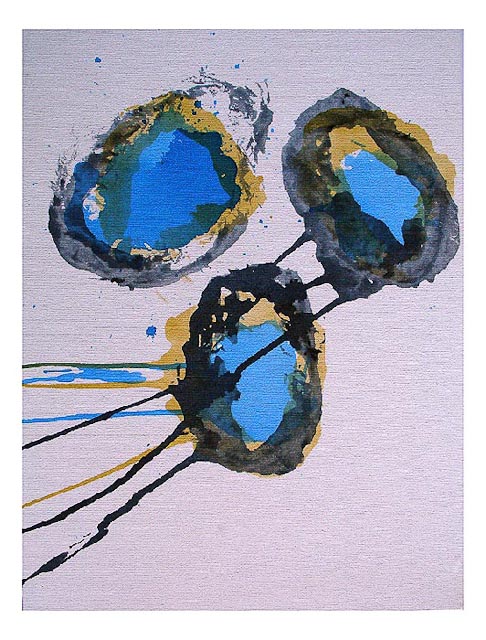Hans worked for seven long years for the farmer and at the end of this time, went to him and asked for his wages. His employer was very pleased with the lad’s work and paid him handsomely. He have him a lump of silver as large as his head. Hans placed it carefully in a sack and swung it onto his back and began his journey home.
Hans trudged along burdened by the weight of the silver. When a horseman trotted towards him he watched in awe. To travel freely along on horseback would be a treat. He dropped the sack on the ground and the rider stopped to greet him.
“Oh to ride such a fine pony,” he said, “but I have to walk carrying along this lump of silver that makes my back ache. You wouldn’t want to swap your horse for my silver ?” he asked.
The rider climbed down and examined the sack. His eyes lit up as he lugged the sack on to his back.
“Why that would be a fine trade,” he said, and handed the reins over to Hans.
Hans mounted the horse, who immediately launched into a gallop. Hans hung on for dear life but when the animal jumped over a fallen log, Hans went flying through the air and landed on his backside in the middle of a ditch. The horse would have run off altogether if a shepherd leading a cow hadn’t stopped him and brought him back to Hans.
Hans looked at the docile cow and smiled.
“Now there’s an animal who would never hurt anyone and what’s more she’s good company and useful. I would always have milk if i had a cow, and I could make cheese as well.”
Hans smiled at the shepherd.
“Would you consider exchanging your cow for my horse?” he asked.
The shepherd was delighted and handed over the lead rope of the cow and jumped up onto the horse’s back, gripped the reins firmly between his fingers, he trotted off.
Hans was hungry and took out a bread roll from his food bag. He would need some milk to drink with it. He took out his wooden cup and walked behind the cow and set about trying to milk her. But the cow was having none of it and gave him such a kick to the head that he lay dazed upon the ground. Luckily a butcher passed by pushing s pig in a wheelbarrow. He stopped and helped Hans to his feet and asked him if the cow grazing on the grass was his.
“Oh yes,” he said, but she won’t give any milk and certainly not any sausages like that fat gentleman you’ve got in your barrow. You wouldn’t consider swapping your pig for my cow would you?”
The butcher rubbed his hands with glee and handed the barrow over to Hans and led the cow away.
A little while later Hans met a man carrying a fat white goose. The fellow stopped and looked at Hans’ pig.
“Did you know that the squire on the farm over the hill had his best pig stolen?” he asked.
“Oh,” said Hans, “you don’t think that this is him do you?”
“Well, I know this beautiful goose is mine but where did you get the pig?”
Hans explained about the exchanges he had made and asked whether the countryman would consider exchanging the goose for the pig. The goose owner said he would be glad to take the pig off his hands and immediately gave him the goose and took the barrow and wheeled it away quick smart.
Soon Hans found himself in a village where he saw a grinder singing while he sharpened knives and scissors at his wheel. He saw Hans and smiled at the fat goose he was carrying.
“You are a happy man with your trade. Why is that?” Hans asked.
“Because with a sharpening stone you will always have money in your pocket,” he replied. “People always want their tools sharpened.”
“Have you such a stone to exchange for a goose?” Hans asked.
The grinder reached into a basket and took out a large stone. The two exchanged goose for stone and Hans continued on his way, listening to grinder singing in a voice louder and cheerier than before.
Hans walked on till sunset and found himself on the banks of a river. He was tired from walking and carrying the stone, so set it down on the river bank while he cupped his hands and drank from the fast flowing torrent. When he had quenched his thirst he turned and knocked the stone which immediately tumbled down into the river. In no time at all it had disappeared.
For a moment his heart sank, but unlike the stone it rose again, happy and light. Hans jumped up and dance a joyful jig.
“My heart is light
And my mind is free
There are none luckier
In the world than me.
Hans walked until he reached his mother’s house and told her how very easy the road to good luck was.
References and Sources:

